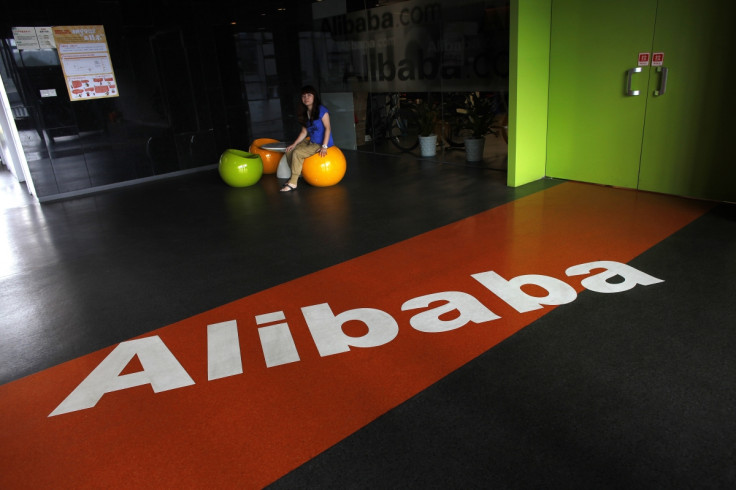Alibaba's Impending NYSE Float Shows E-Commerce is a Thriving Global Market

That Alibaba is gearing up to float onto the New York Stock Exchange in a mammoth IPO shows you just how far e-commerce has come as an industry.
When the Chinese e-commerce behemoth Alibaba eventually floats it will likely be one of the biggest IPOs the NYSE has ever seen.
It processed $248bn (£146bn, €178bn) of transactions for 231 million active users across its three main Chinese online marketplaces in 2013. And from those it made a net profit of $2.9bn in the nine months to the end of December.
While Alibaba is targeting $1bn, many analysts expect its IPO to raise as much as $15bn.
This is because the e-commerce market is huge. But it's going to get much, much bigger – a central reason investors are salivating over the Alibaba float's potential.
A study by eMarketer found that consumer e-commerce sales tipped the $1tn mark in 2012. By 2014, this has grown by half again – with $1.5tn sales expected.
Asian markets will show the biggest growth as internet usage spreads across more of the population in countries such as China and India. The Chinese e-commerce market alone is forecast by eMarketer to grow by 63.8% in 2014. India's will expand by 31.5%.
More and more, shoppers are turning to online. They buy on their phones. They buy on their tablets. They buy on their desktops.
The range and convenience of internet shopping, as well as the proliferation of technology across parts of the world still catching up with the digital revolution, are luring many shoppers away from the high street.
And in developed economies like the UK, shoppers do both – they browse across high street stores to try out the goods before going home to find the best prices online.
Moreover, data from the UK, compiled by Capgemini, shows how powerfully the e-commerce market is growing in mobile as people are increasingly tooled up with portable computers.
Sales via mobile devices, including smartphones and tablets, leapt 138% in 2013 on the year before.
During the same year, 27% of all online sales were closed on a mobile device. They equated to £3bn in value – twice as much as the year before.
And sales by smartphone increased 186%, while sales from tablet devices were up 131%. Of all mobile sales, 82% were from tablets.
But it's the global nature of the e-commerce market that offers the biggest opportunity. Not just for consumers, who can get hold of products from thousands of miles away with the tap of a tablet, but also for retailers by opening up a worldwide network of marketplaces.
"The success of the Alibaba Group highlights how e-commerce is driving a global economy," said Carl Waldekranz, founder and CEO of Swedish ecommerce platform Tictail.
"In the 35 years since British academic Michael Aldrich invented what we now know as online shopping, the global ecommerce market has grown to have an annual value in excess of $1tn: changing consumer behaviour and bringing products from – and opportunities for – businesses large and small.
"Alibaba built their success by bridging the gaps in trade between the western and eastern world, and as e-commerce continues to grow the world is only getting smaller."
© Copyright IBTimes 2025. All rights reserved.






















